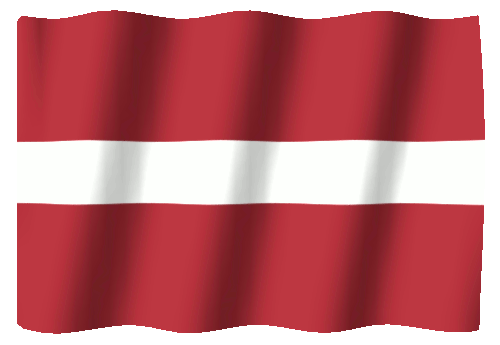- Mandates and Regulations: Latvia has implemented a mandatory Business-to-Government (B2G) eInvoicing requirement effective January 1, 2025, requiring public sector suppliers to use structured electronic invoices. A Business-to-Business (B2B) mandate will follow, starting January 1, 2028, for Latvian-registered businesses.
- Adoption of European Standards: The European eInvoicing standard (EN 16931) has been adopted for public authorities, ensuring invoices are structured and machine-readable. Latvia utilizes a decentralized model allowing eInvoicing through the eAddress platform or commercial operators.
- Compliance and Future Steps: While there is no current real-time reporting system or monitoring mechanism for eInvoicing, obligations for submitting e-invoice data to the State Revenue Service (VID) will commence for government-related transactions in 2026 and for B2B transactions in 2028.
Source ec.europe.eu
Briefing document: Mandatory E-Invoicing and E-Reporting in Latvia as of Jan 1, 2026 – VATupdate
Latvia: E-Invoicing & E-Reporting Mandates
| Transaction Type | Established Entities | Non-Established Entities | Mandate Status | Notes |
|---|---|---|---|---|
| B2G (Business to Government) | ✅ Mandatory since Jan 1, 2025 | ❌ Not required | Active | Must comply with EN 16931; invoices sent via eAddress or commercial platforms |
| B2B (Business to Business) | Mandatory from Jan 1, 2028 | ❌ Not required | Confirmed | Latvian-registered businesses must submit structured invoices to VID |
| B2C (Business to Consumer) | ❌ Not mandatory | ❌ Not mandatory | Voluntary | No legal requirement for e-invoicing |
| E-Reporting (G2G, B2G, G2B) | ✅ Mandatory from Jan 1, 2026 | ❌ Not required | Confirmed | Structured invoice data must be submitted to the State Revenue Service (VID) |
| E-Reporting (B2B) | Mandatory from Jan 1, 2028 | ❌ Not required | Confirmed | Part of Latvia’s phased CTC model rollout |
Technical & Operational Notes
- Standard Used: EN 16931 (European eInvoicing Standard)
- Platform: eAddress (maintained by VDAA) or commercial service providers
- Model: Decentralized; businesses choose transmission method (eAddress, email, Peppol, direct integration)
- No CIUS or Extensions: Latvia uses the base EN 16931 standard without national modifications
- No Real-Time VAT Reporting: Currently, Latvia does not operate a real-time VAT reporting system
- No Monitoring Mechanism: No centralized oversight of e-invoicing adoption
- See also
- Join the Linkedin Group on Global E-Invoicing/E-Reporting/SAF-T Developments, click HERE
Latest Posts in "Latvia"
- Latvia Approves 12% VAT Rate on Basic Foods from July 2026
- Latvia Government Approves 12% VAT Cut on Basic Foods Starting July 2026
- Latvia Enforces Strict Penalties for Non-Compliance with Fiscalization Rules
- Finance Ministry Names Responsible Parties for Ensuring Reduced VAT Benefits Reach Consumers
- Latvia Parliament Amends Tax Administration Rules on Late Payment Interest














